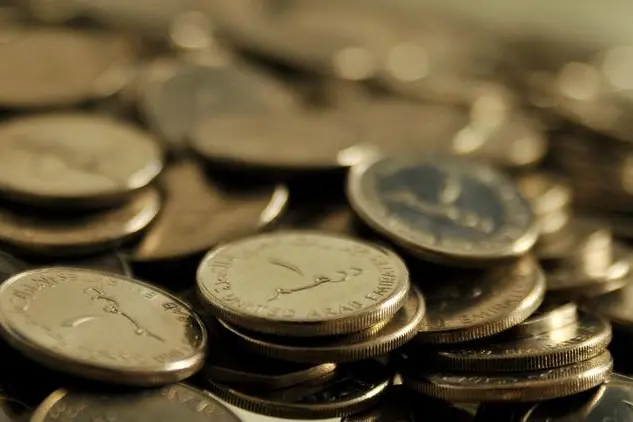PHOTO
Monday, Mar 20, 2017
Dubai: A vast majority of high networth individuals (HNWIs) from the GCC think the current economic conditions are worse or unchanged compared to last year but that to improve over the next two to three years, according to GCC Wealth Insight Report 2017 published by Emirates Investment Bank (EIBank), a UAE based independent private bank.
HNWIs are defined as individuals with $2 million (Dh7.34 million) or more in investment assets. Interviews with participating HNWIs were conducted face to face between September and December 2016.
On the economic outlook for global and regional economies, most HNWIs feel the current situation is worse or unchanged (85 per cent), with investors’ primary concerns being political instability, conflict and threat of terrorism, along with a possible oil price decline. However, over the next 3-5 years, there is a positive outlook, with a strong majority of HNWIs optimistic for the global economy (76 per cent) and the Gulf economy (75 per cent).
“From a global perspective, 2016 was marked by heightened volatility across a range of markets and asset classes. This was certainly felt here in the GCC and, despite governments implementing structural reform plans and steady gains in the price of oil, liquidity remained relatively tight. It is, therefore, no surprise that this year’s GCC Wealth Insight Report shows that investors are expecting a flat or, possibly, declining economic performance in 2017. It was particularly interesting to see 18 per cent of respondents say they had discontinued projects due to local economic conditions,” said Khalid Sifri, CEO of Emirates Investment Bank.
In terms of asset allocation, the distribution of HNWIs’ wealth is broadly similar to previous years, with wealth most likely to be allocated to their own business (34 per cent). However, there does appear to be a continued shift since 2015 towards HNWIs having a greater share of their wealth in cash/deposits (27 per cent, up from 17 per cent in 2015) and away from real estate as an investment (15 per cent, down from 30 per cent in 2015).
As in previous years, HNWIs from the GCC are focused on growing their wealth (80 per cent), rather than preserving it and there is a strong preference for regional HNWIs to keep their assets closer to home (72 per cent).
At a global level, HNWIs in the GCC remain pessimistic about the current condition of the economy. Almost half (47 per cent) think that the situation is worsening and just 15 per cent say the situation is improving. This is broadly in line with the results of our 2016 survey.
“There are a multitude of similarities between the perceptions of HNWIs and the multinational corporates operating in the region towards macro-driven challenges and operational risks affecting investment decisions. Both cohorts have been impacted the most by oil prices and ensuing tightening liquidity. Structural reforms are bound to impact investment decisions over the medium term,” said Ranya Afifi, Director of The Economist Corporate Network MENAT region at a panel discussion on the report.
HNWI’s have polarised views of the GCC’s current economic situation, with a marginal increase in those thinking the economic situation is improving, from 17 per cent last year to 20 per cent this year, as well as an increase in negativity, with 44 per cent saying that it is worsening compared to 36 per cent in 2016. One in three (36 per cent) say it is staying the same (down from 47 per cent in 2016).
“Over a three to five year horizon, there is a greater sense of optimism, with HNWIs expecting of a more favourable oil price and for the region’s economies to show strength and growth. The Report does suggest a bit more caution concerning the medium-term outlook compared to previous years but my view is that this is more realistic given the nature of the global economic and political climate,” Sifri said.
By Babu Das Augustine Banking Editor
Gulf News 2017. All rights reserved.





















